Born in Warren, Ohio, United State • Birth year 1989 • Studied Applied Mathematics at Case Western Reserve University, Cleveland, Ohio, United States • Lives in Washington, D.C. United States • currently a Research Scientist
Growing up, I genuinely enjoyed math from an early age. I have fond memories of solving equations and homemade arithmetic flash cards with my grandfather. He consistently and lovingly encouraged me to pursue math. And so, I did.
I had an inclination that studying mathematics would open an array of opportunities, however, I had no tangible examples of this. Nevertheless, I was drawn to pursue math.
I happily studied and excelled in mathematics throughout middle and high school. When choosing a major in college, I did not even consider math. Having never seen or learned about modern-day mathematicians in school or media, I was unaware of this entire profession. Since I was also interested in medicine, I considered studying biology. I knew of clear academic and career paths in the medical field. Ultimately, my first year in college I was undecided. I had an inclination that studying mathematics would open an array of opportunities, however, I had no tangible examples of this. Nevertheless, I was drawn to pursue math. And so, I did.
I began to discover the ways you could use mathematics to solve problems I found interesting and important, like quantifying the effects of climate change or modeling predator-prey dynamics in fragile ecosystems. I graduated from Walsh University with a Bachelor’s of Science in Mathematics. When applying for graduate programs, I had every intention of obtaining a Master’s degree in a few years and leaving the program for industry. The thought of being in school for nearly all of my twenties seemed unbearable, if not impossible. I did not want to wait for my professional career, and in some sense my “adult” personal life, to begin. Still, I was excited to pursue math. And so, I did.
Through coursework and research, I found I was truly passionate about math. I developed strong quantitative modeling and coding skills. I even got to study areas of biology and medicine.
In the Fall of 2012, I began graduate school at Case Western Reserve University. I studied applied mathematics, taught Calculus to bright undergraduates and conducted research in mathematics and computational neuroscience. It was in graduate school where I grew both personally and professionally. I had many wonderful experiences with brilliant mathematicians from all over the world, many of whom I am still close with today. Through coursework and research, I found I was truly passionate about math. I developed strong quantitative modeling and coding skills. I even got to study areas of biology and medicine. I gained confidence in myself and a deeper understanding of mathematics. And so, I obtained a PhD in Applied Mathematics.
I use my background in mathematics to research machine learning (ML) and artificial intelligence (AI) models […]
Now, I am an Applied Mathematician. I am a Research Scientist at a consulting firm in the Washington, D.C. area. I use my background in mathematics to research machine learning (ML) and artificial intelligence (AI) models, focusing on interpretability and explainability. While AI/ML models have proven extremely useful on a variety of tasks, their inherent black-box nature and lack of interpretability limits their use in critical applications, like medicine or autonomous driving. Specifically, I research and develop neural networks, mathematical models which are typically highly over-parameterized but have exhibited superior performance on high dimensional data (e.g. images), trying to better understand how these models make predictions, assess their confidence and incorporate prior expert knowledge.
I feel very fortunate to have a career which aligns with my field of study and allows me to work on problems I am passionate and excited about. I hope that my story, and the stories of the other women here, highlight the vast number of exciting opportunities and careers in mathematics, the careers that I was unaware of for so long.

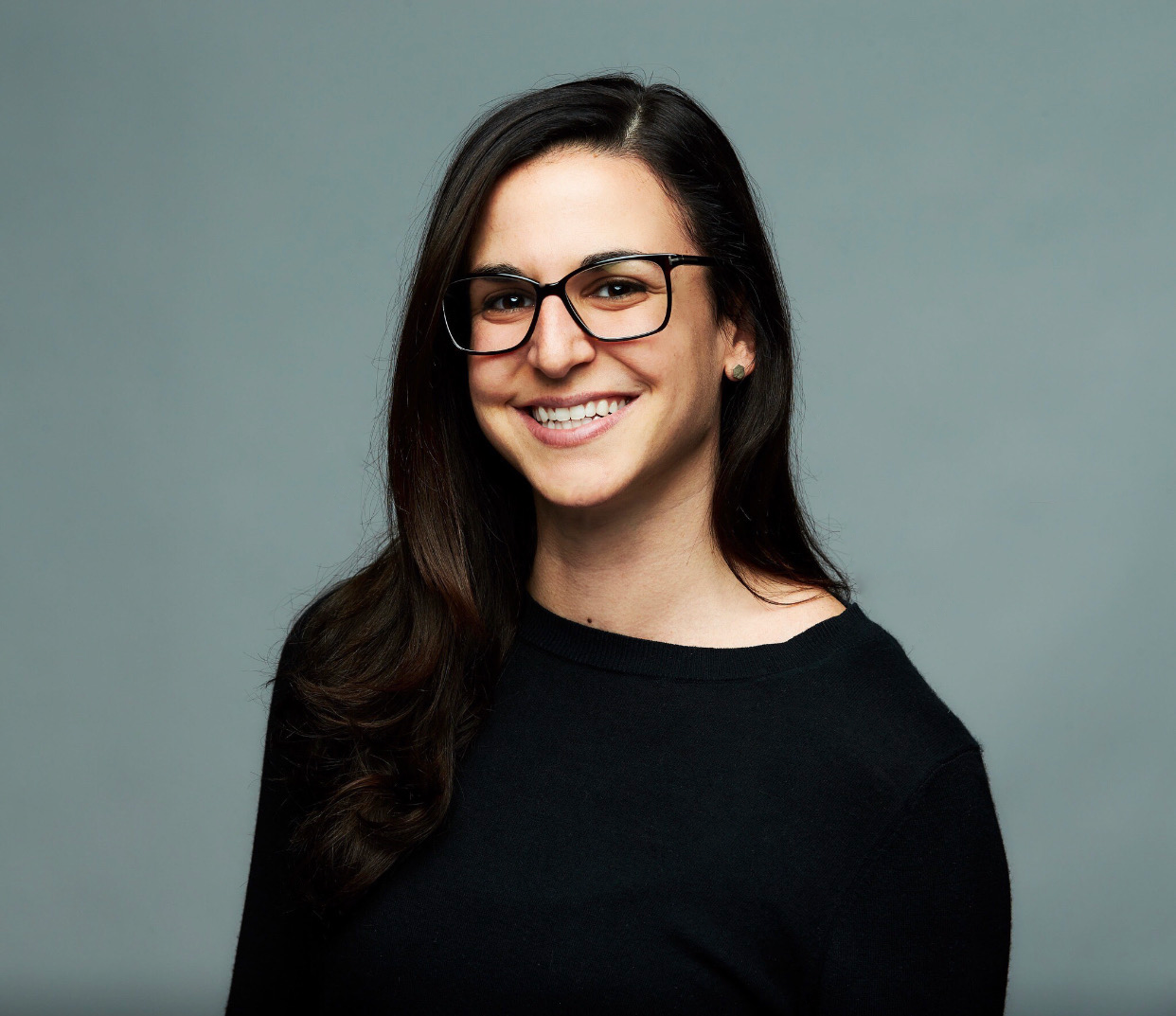
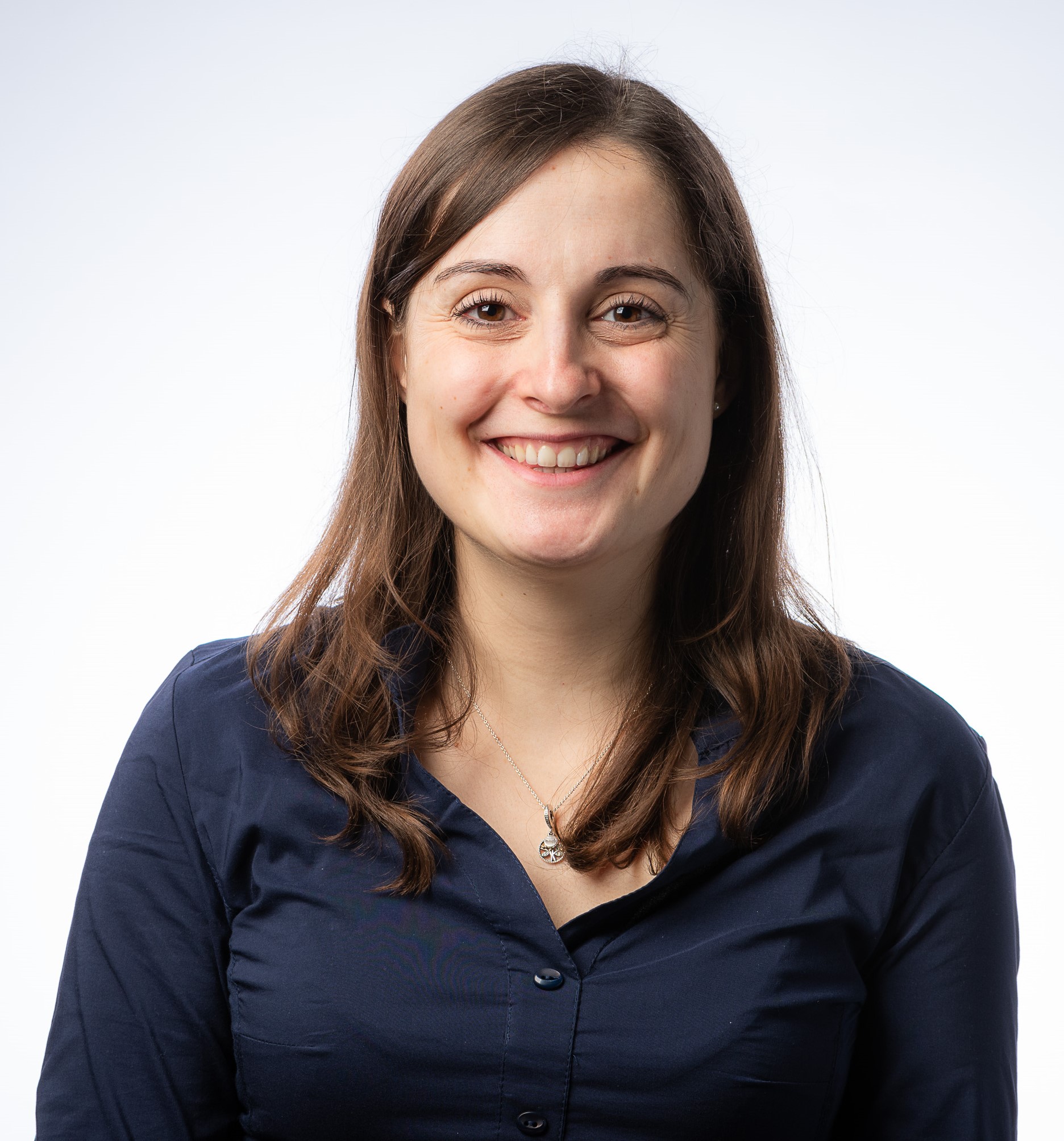
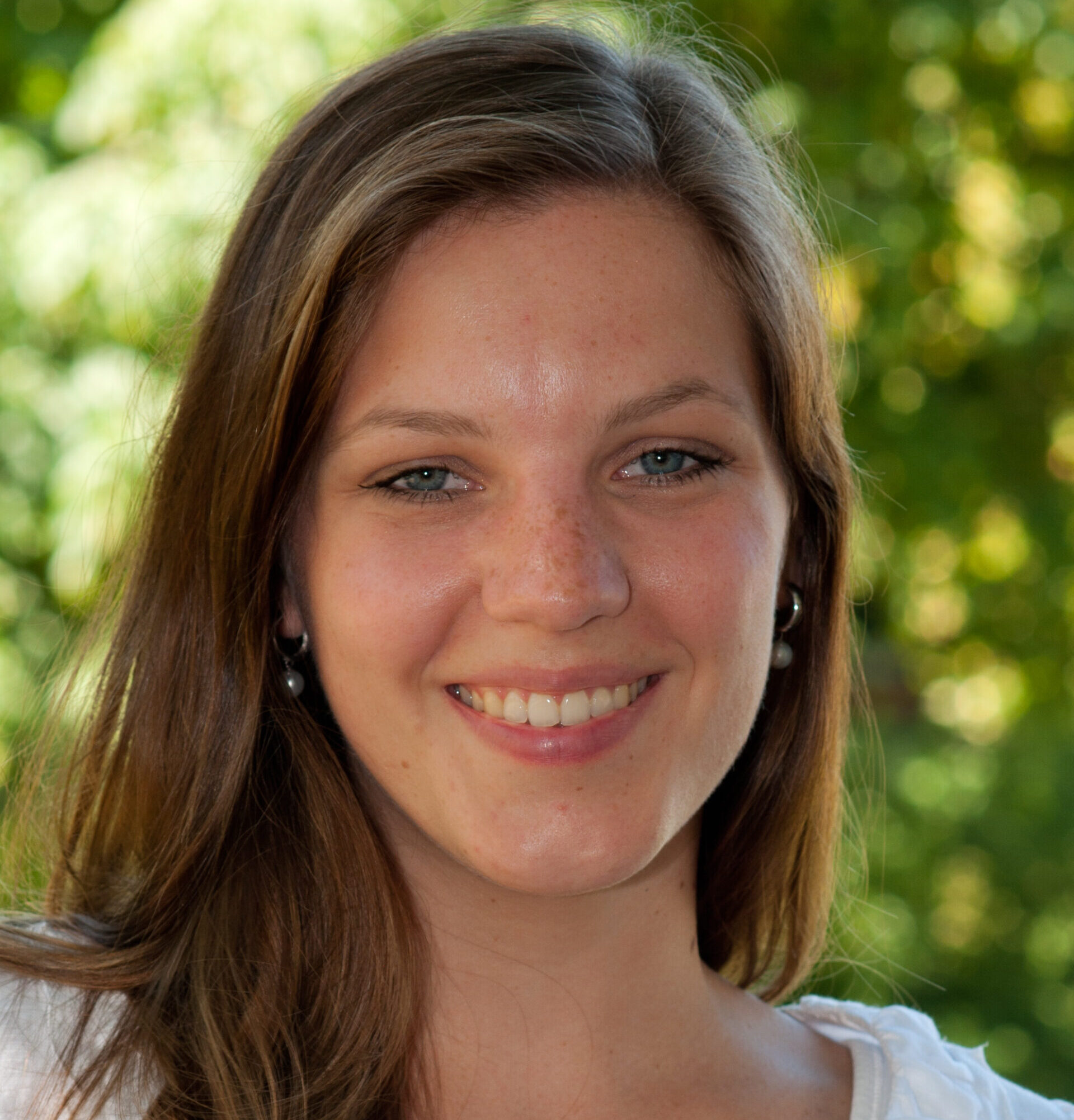
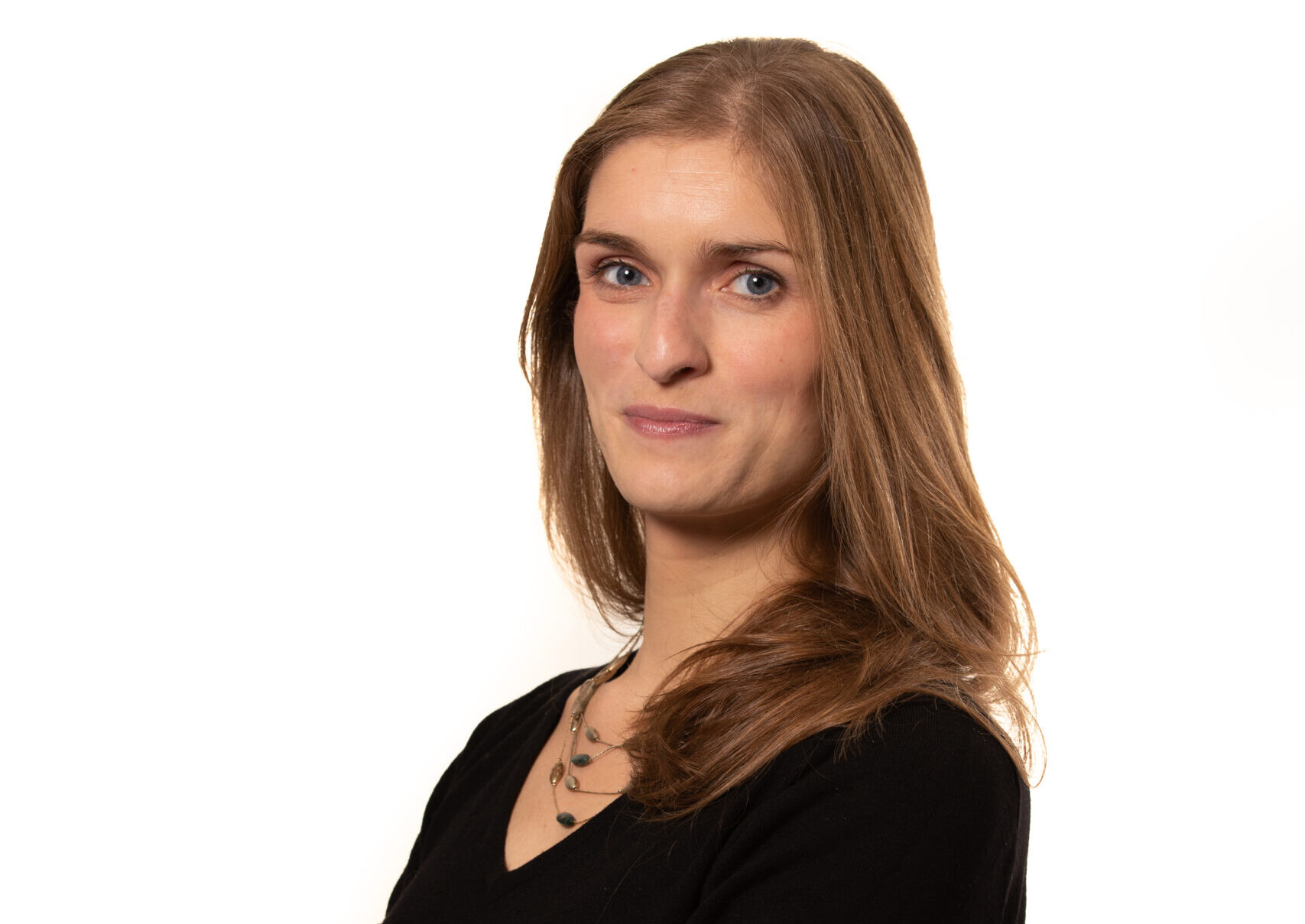
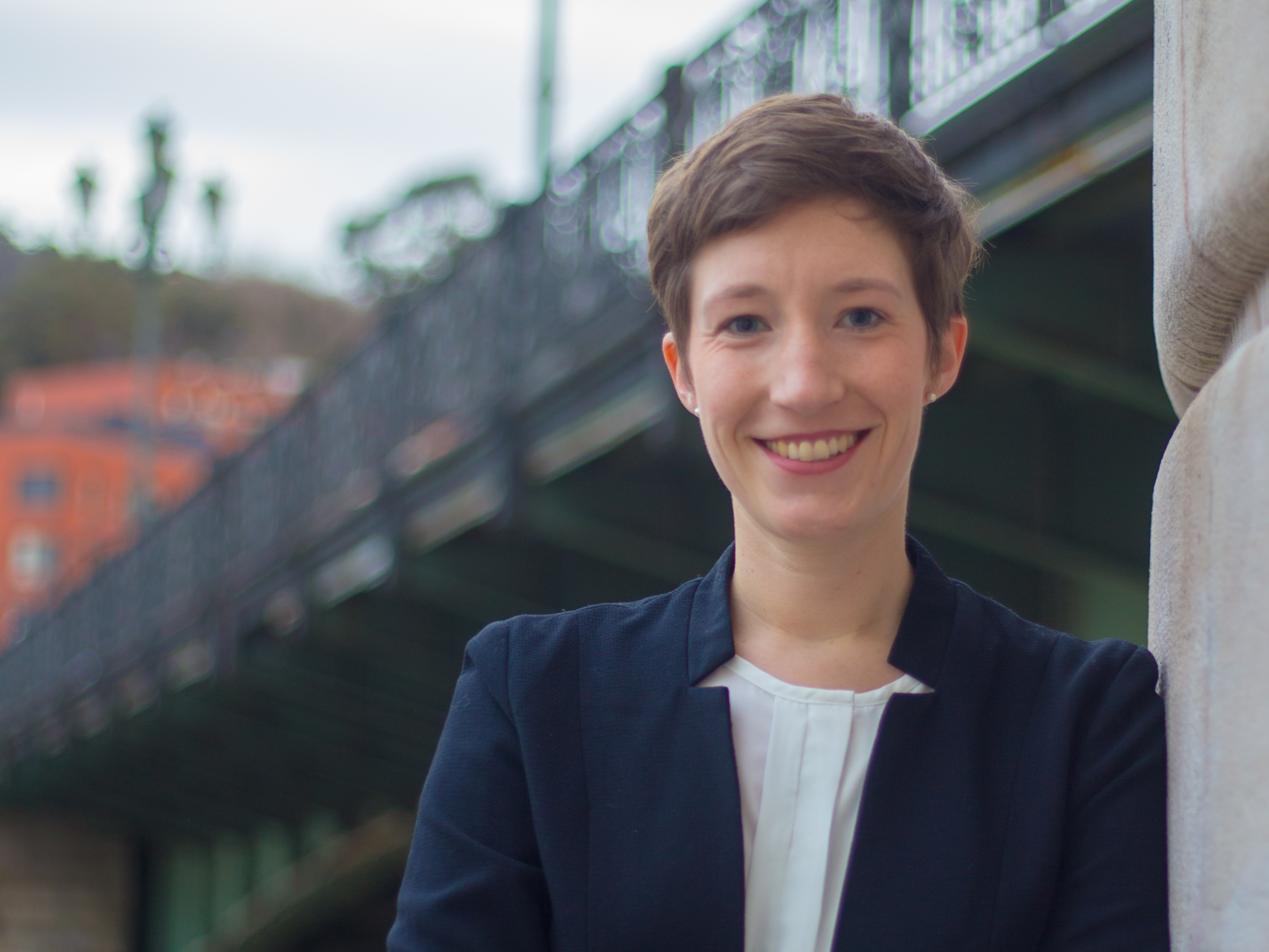
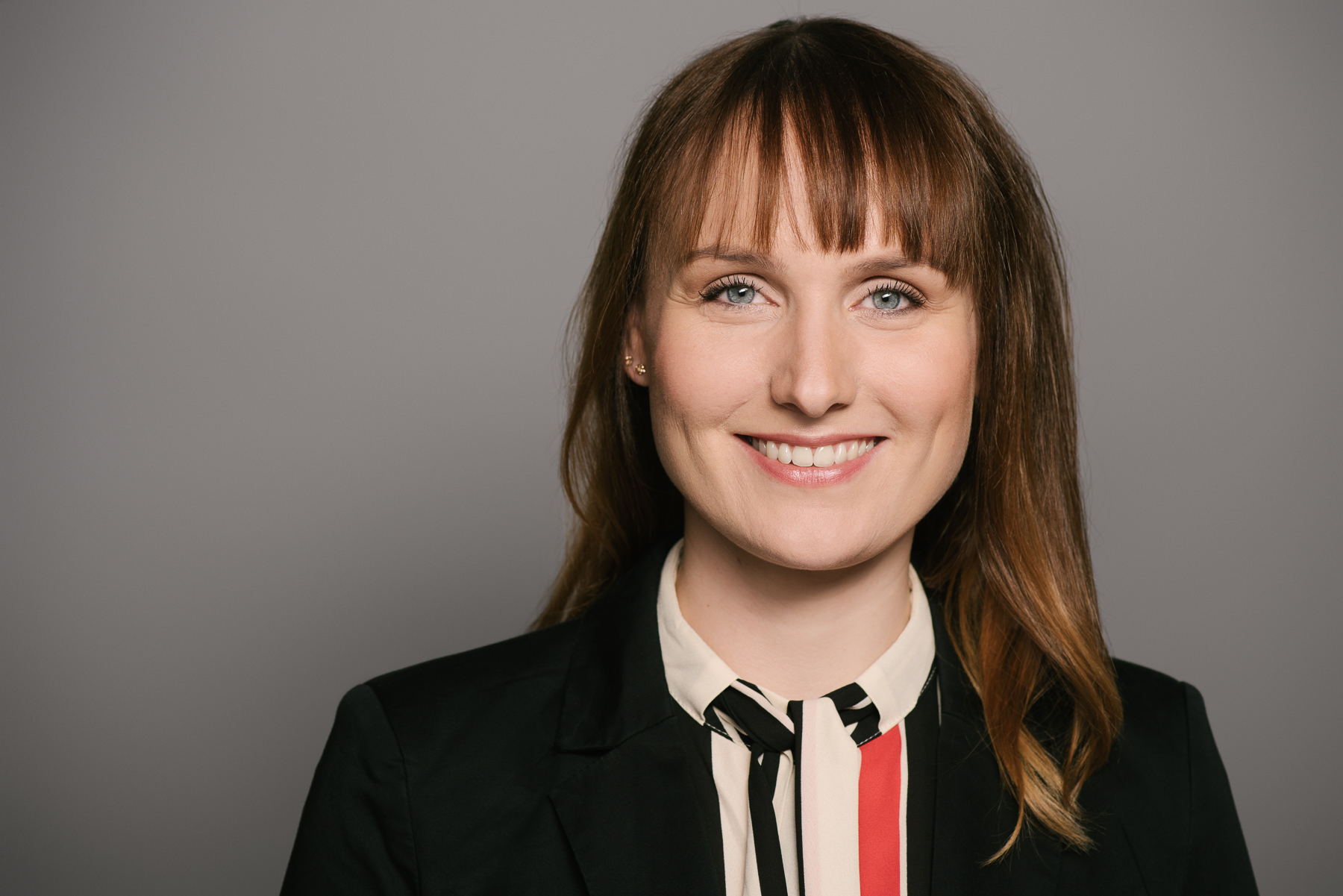
Recent Comments